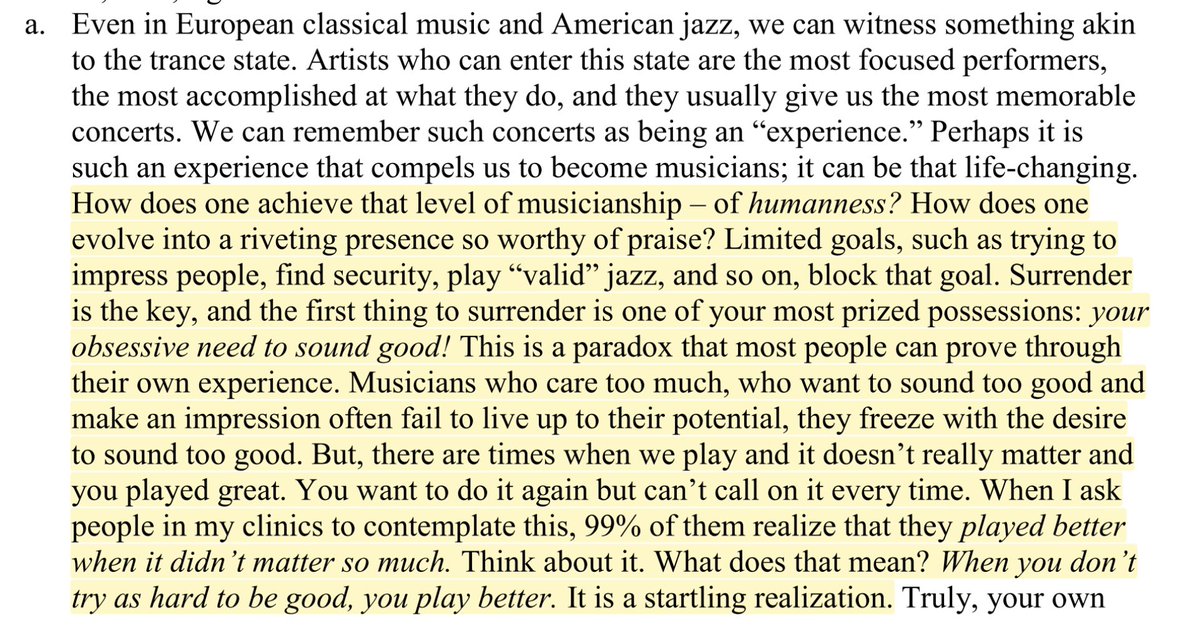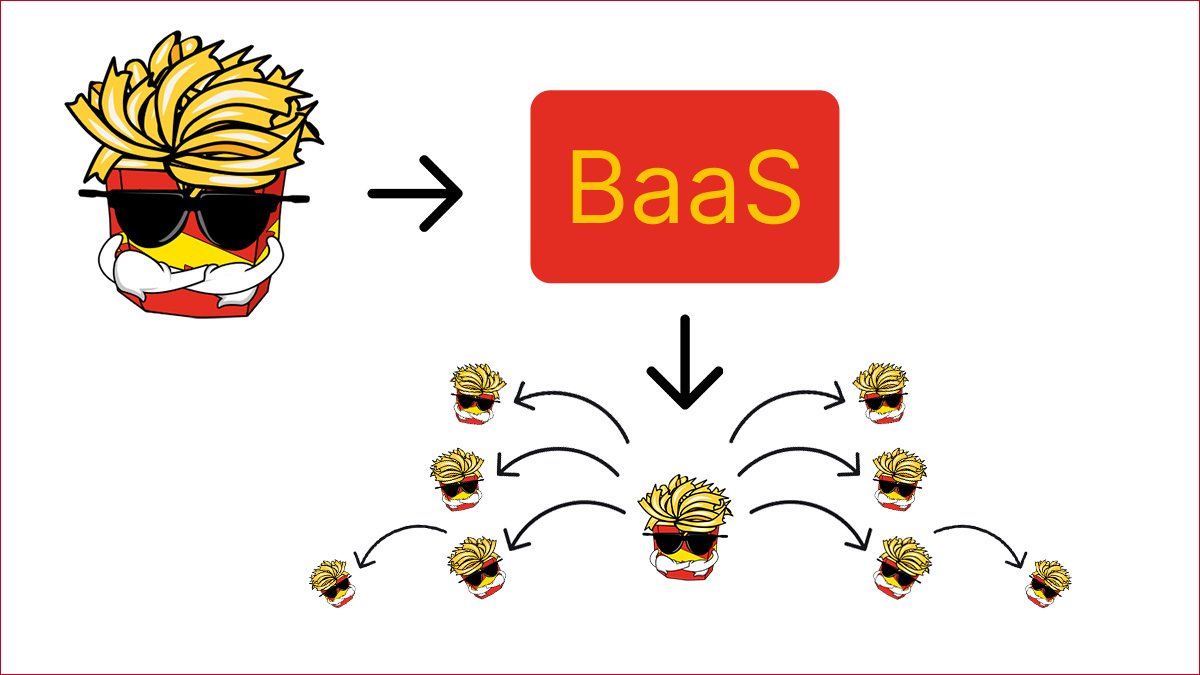You don't need a flashy new idea to build a business. Go find: - Antiquated industries - Slow companies - Poor service Use technology to do a better job & you'll likely start chipping away. Start small and take a few customers. A much easier introduction to Solopreneurship.
There should be an "incubation" seed round. - For founders with multiple ideas but not sure which one will work. - Launch a new idea every X months to see what hits. - Raise < $1M for a small team of 3-5 Forces investors to bet on the team and not the specific idea.
A cataclysmic event is coming. A market shattering shift that WILL affect you. The next phase of software (and how to prepare for it) 🧶
New trend I'm excited about: PHCs. Personal Holding Companies. One entrepreneur. Multiple businesses. Mix between cashflow and equity. From startups to laundromats to real estate. Uses profits to buy or build projects and businesses. All under one company.
Every HoldCo starts with one thing: a cashflow machine. This allows them to reallocate cash to portfolio companies that have the highest ROI (in a tax efficient way) 1. Berkshire - Insurance Float 2. Tiny - Design Agency 3. Need/Want - Recruiting Agency What are some others?
The most predictable way to get wealthy ($10m-$50m) in my opinion is with rollups. Here’s what they are and how they work:
The antidote to hustle culture is building an intentionally calm business.
good stuff from @BlasMoros - on effortless mastery. Feels applicable to YouTube video creation too - I find that when I’m *trying less* to achieve some outcome, making the video feels better and probably *is* better too pic.twitter.com/vQjGwsZjQI

Domino’s core product isn't pizza. Crumbl's core product isn't cookies. Chick-Fil-A's core product isn't chicken. They've all become billion dollar brands by selling the same thing: BUSINESS AS A SERVICE. Here's what it is: pic.twitter.com/F35o5YjUoY

Chasing investor money isn’t for everyone. I bootstrapped my business to $25M in revenue and a $100M+ acquisition. Here’s how you can build from nothing, too. A thread 🧵

- Not super relevant to software tbh, but the book might be worth reading.
Non-technical founder reached out this week, doing 5 figures in monthly revenue on $0 invested, 90% gross margin, running a service purely off Twilio’s no-code tools and Airtable. Institutional VC is a lemon party which is less likely to be invited to these deals than ever. 🧵
.@mariodgabriele wrote a great overview of micro PE recently soon, I think an internet-native version of PE will become more popular than being a VC-backed founder bc - founders get majority control - diversification - predictable cash flow - liquidity here's how it could work
Did you know that 30% of funded search funds end up not making an acquisition? We have bought eight beautiful businesses this year and learned a lot about what works and what doesn’t. Read below for case studies of the two best (20x) acquisitions I have seen. Happy New Years!

- "You usually pay nothing for the growth potential"
- "there are businesses out there that have both boring, predictable profits today AND potential for substantial growth. Make sure you find one with both."
- "Paid $800k plus a bit of seller financing. 10x’ed the customer base in a few years."
- "One huge problem is they overindex on consistency of profits and underindex on growth potential and strategy"
- ""
I’m a firm believer that more & more entrepreneurial ‘builders’ will evolve their operating company into a HoldCo Scaling initial capital light successes (like a service co) & redeploying cash flow into concentrated bets leveraging existing know-how, infrastructure, & expertise

- Interesting thread - has keywords that piqued my interest but still feels a bit opaque - reached out to the author to see if he's interested in a call.













